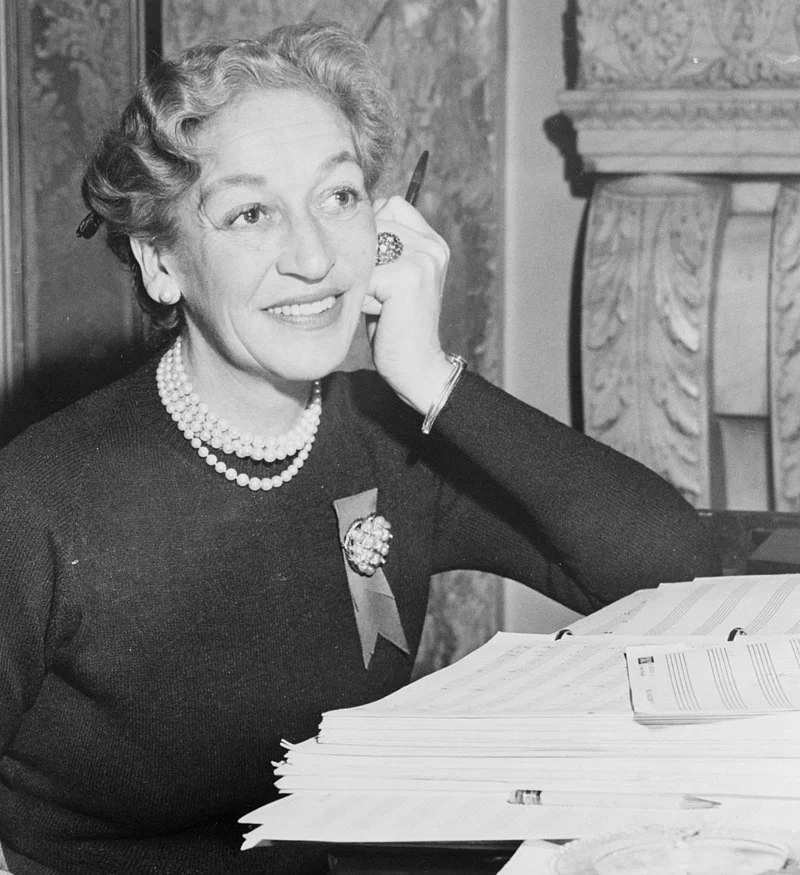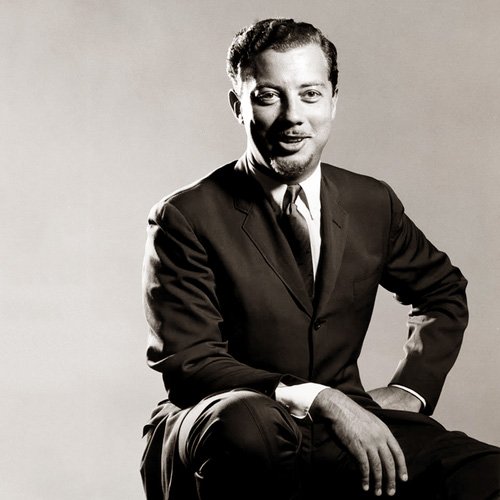
SWEET
CHARITY
BOOK BY NEIL SIMON MUSIC BY CY COLEMAN LYRICS BY DOROTHY FIELDS
JUNE 4 – 29, 2025

about the show
Inspired by Federico Fellini's Nights of Cabiria, Sweet Charity explores the turbulent love life of Charity Hope Valentine, a hopeless romantic but comically unfortunate dance hall hostess in New York City. With a tuneful, groovy, mid-1960s score by Cy Coleman, lyrics by Dorothy Fields, and a hilarious book by Neil Simon, Sweet Charity captures all the energy, humor, and heartbreak of Life in the Big City for an unfortunate but irrepressible optimist.
ACCESS OUR DIGITAL PROGRAM
PRODUCTION PHOTOS
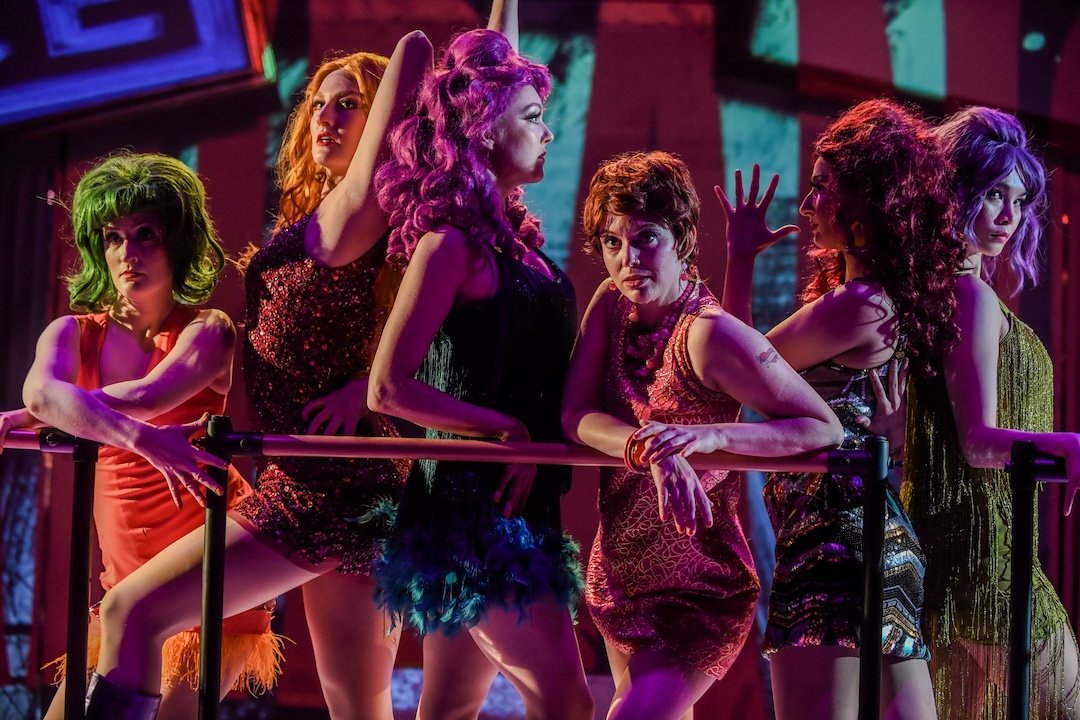
Adria Swan (Suzanne), Jacqueline Neeley* (Helene), Monica Moe (Frenchy), Ruby Day (Charity Hope Valentine), Erin Rose Solorio* (Nickie), and Gabi Chun (Rosie) in San Jose Stage Company’s “Sweet Charity” June 4–29, 2025

Adria Swan (Suzanne), Jacqueline Neeley* (Helene), Monica Moe (Frenchy), Christine Capsuto-Shulman* (Carmen), Erin Rose Solorio* (Nickie), Gabi Chun (Rosie) and Ruby Day (Charity Hope Valentine) in San Jose Stage Company’s “Sweet Charity” June 4–29, 2025
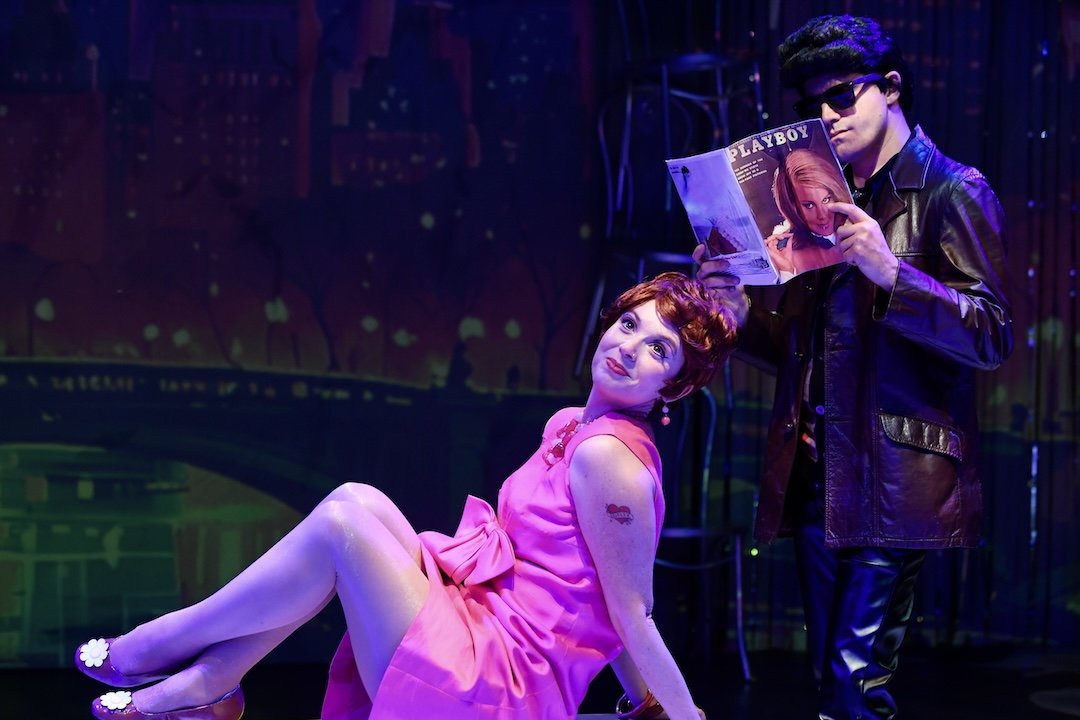
Ruby Day (Charity Hope Valentine) and Jeffrey Brian Adams* (Charlie) in “Sweet Charity” June 4–29, 2025

Ruby Day (Charity Hope Valentine) and Noel Anthony* (Vittorio Vidal) in “Sweet Charity” June 4–29, 2025 Photo by Dave Lepori *Actors’ Equity Association
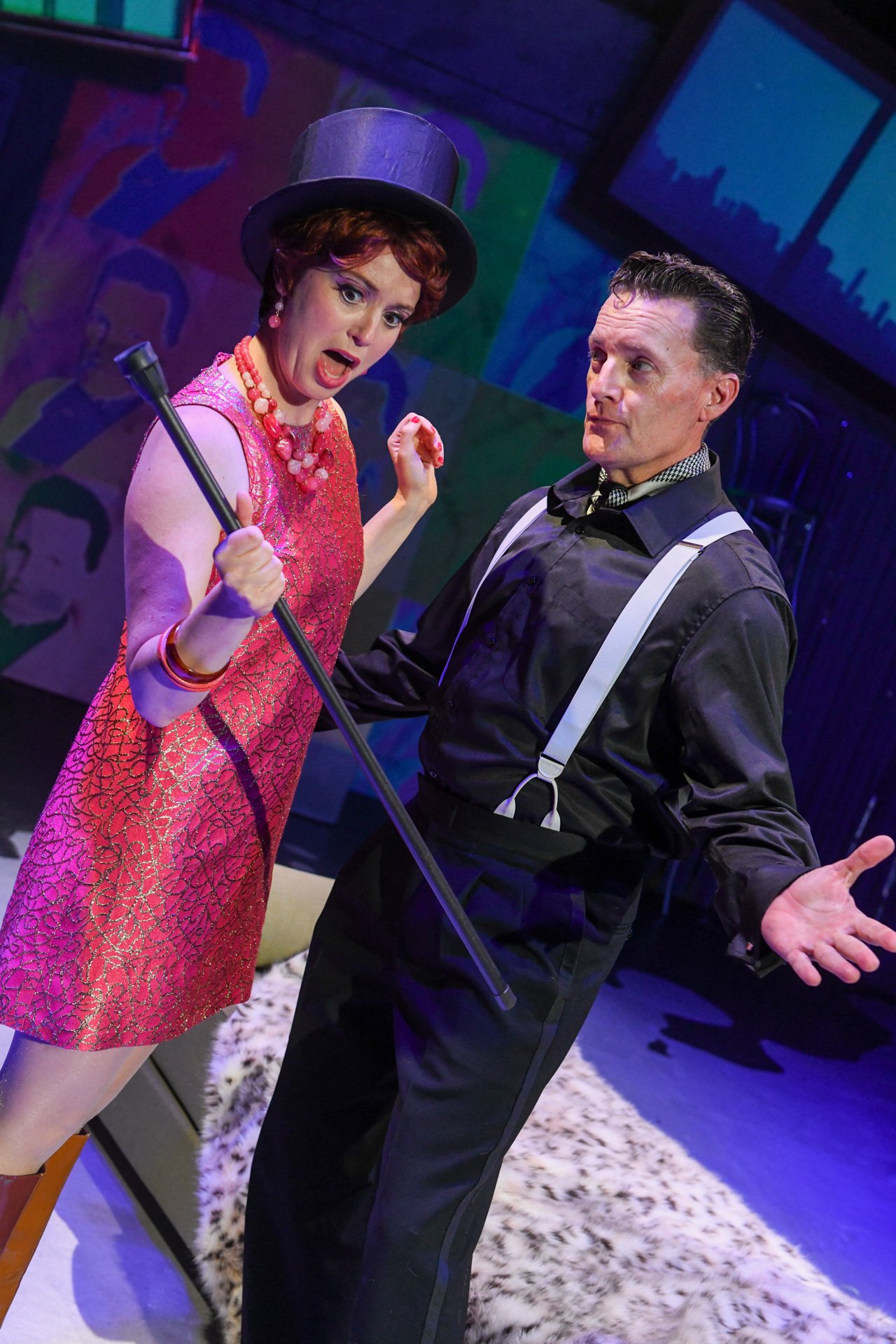
Ruby Day (Charity Hope Valentine) and Noel Anthony* (Vittorio Vidal) in “Sweet Charity” June 4–29, 2025 Photo by Dave Lepori *Actors’ Equity Association
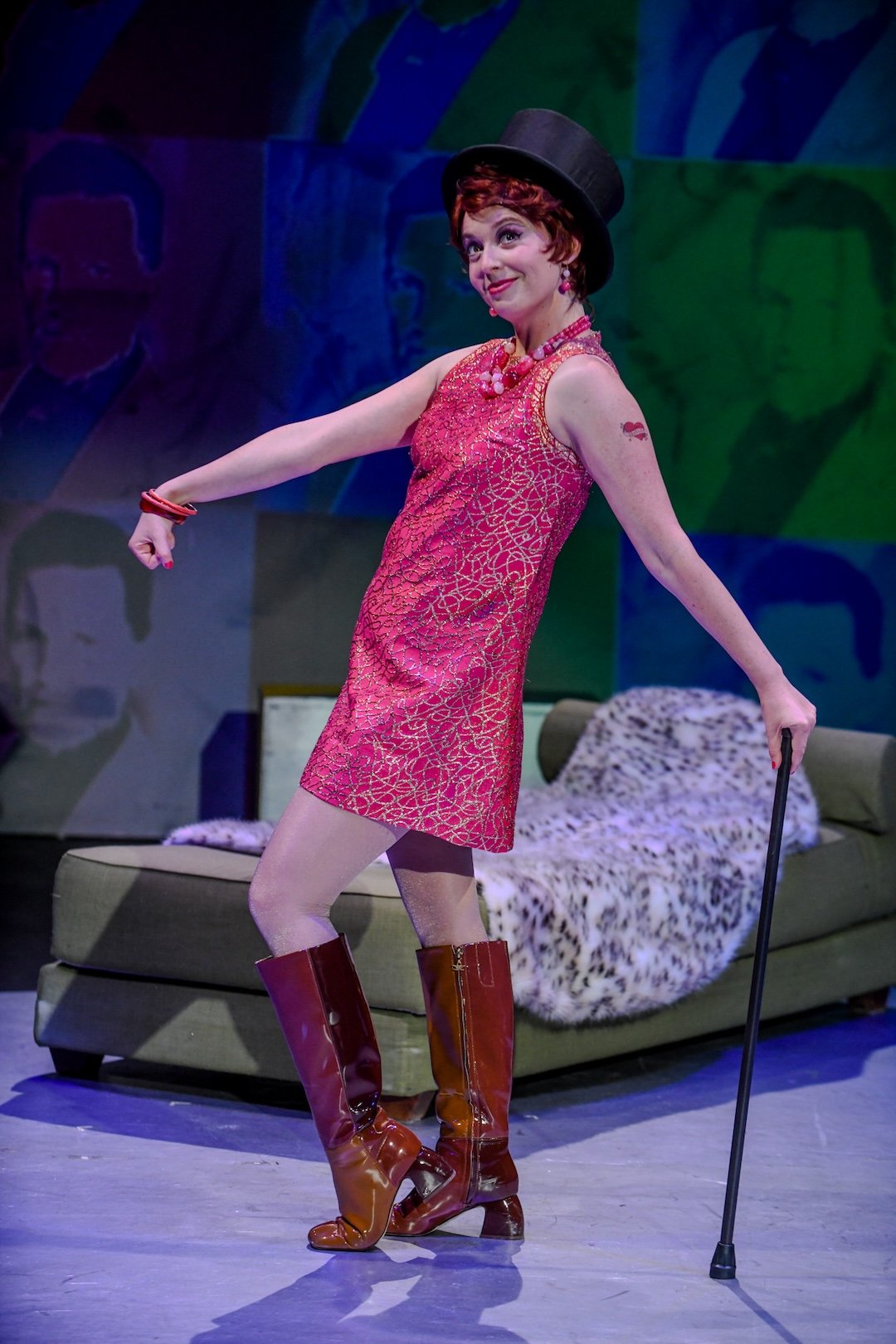
Ruby Day (Charity Hope Valentine) in San Jose Stage Company’s “Sweet Charity” June 4–29, 2025
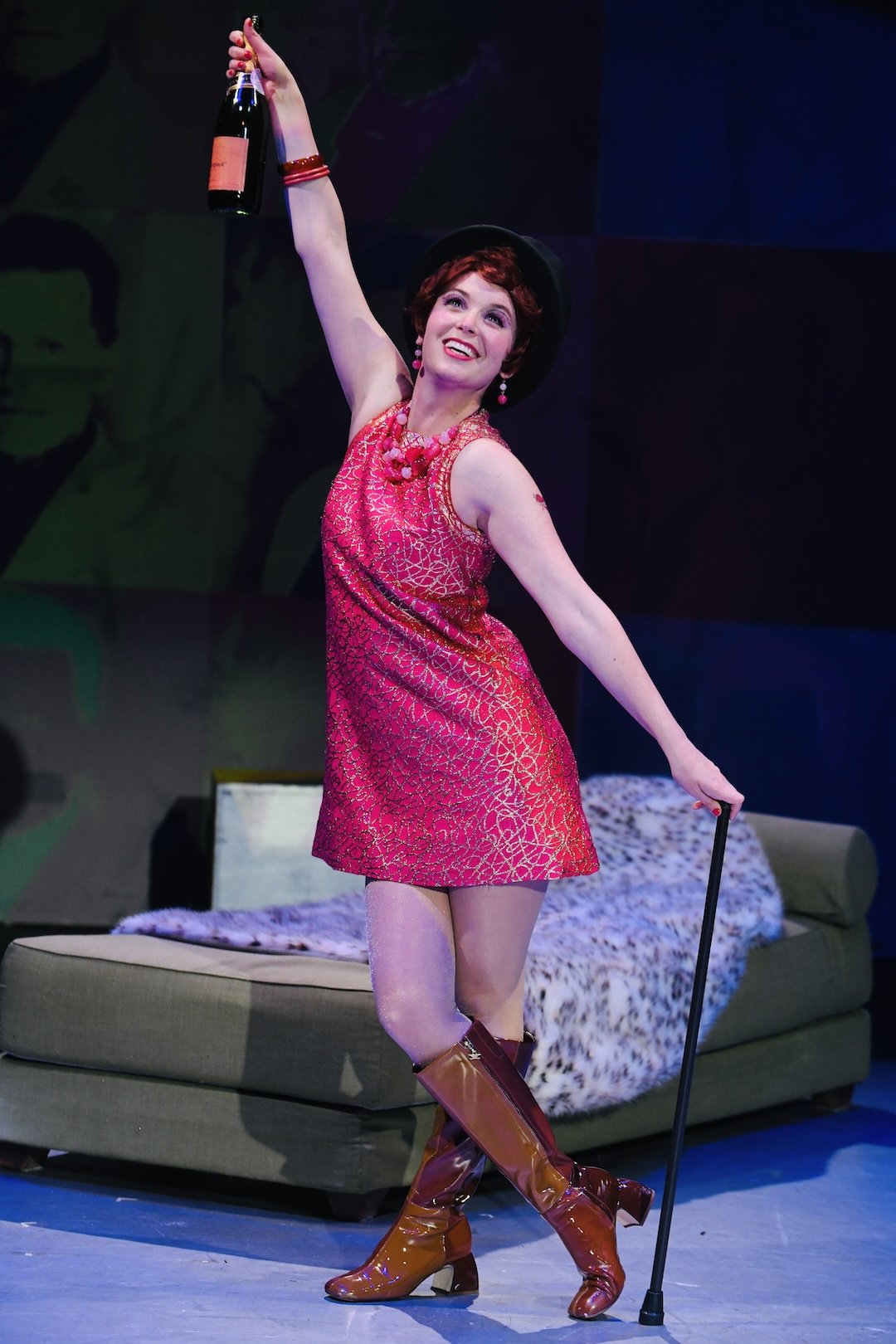
Ruby Day (Charity Hope Valentine) in San Jose Stage Company’s “Sweet Charity” June 4–29, 2025
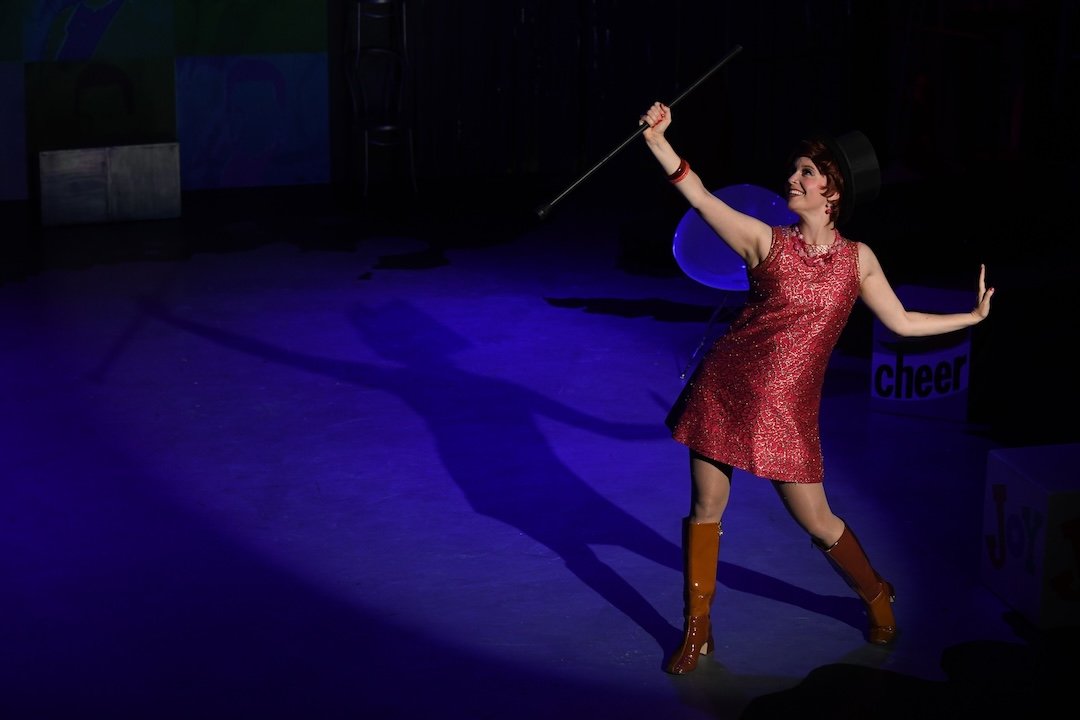
Ruby Day (Charity Hope Valentine) in San Jose Stage Company’s “Sweet Charity” June 4–29, 2025
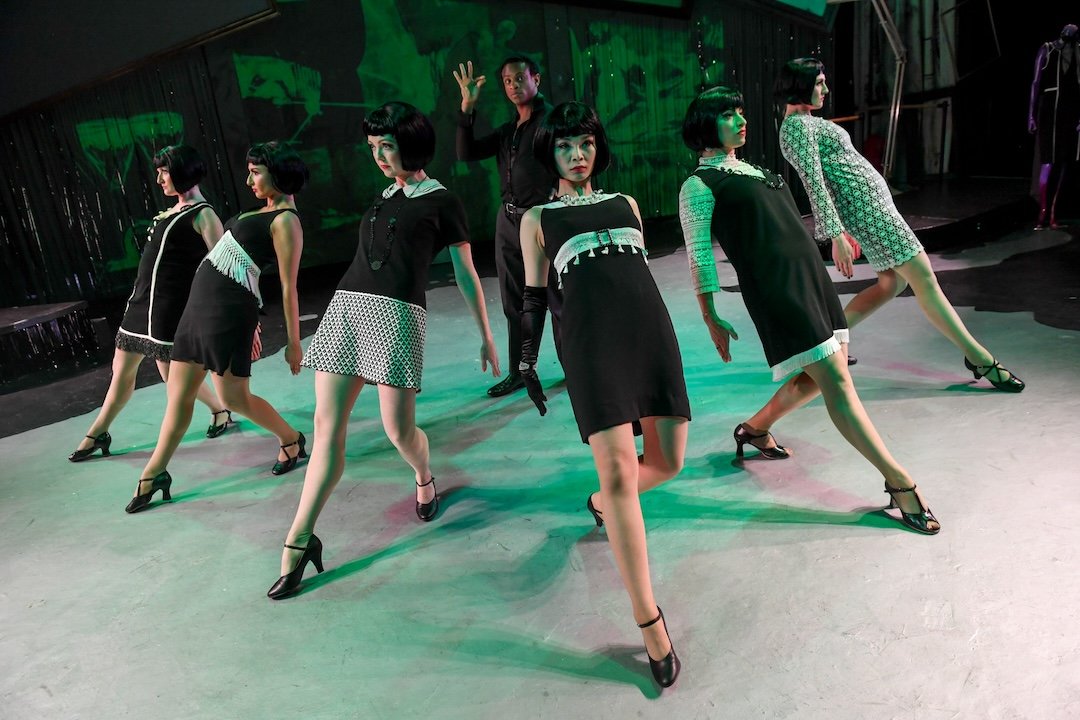
Adria Swan, Erin Rose Solorio*, Monica Moe, Gabi Chun, Christine Capsuto-Shulman*, Jacqueline Neeley and (back center) Kristopher Williams (The Frug) in San Jose Stage Company’s “Sweet Charity” June 4–29, 2025
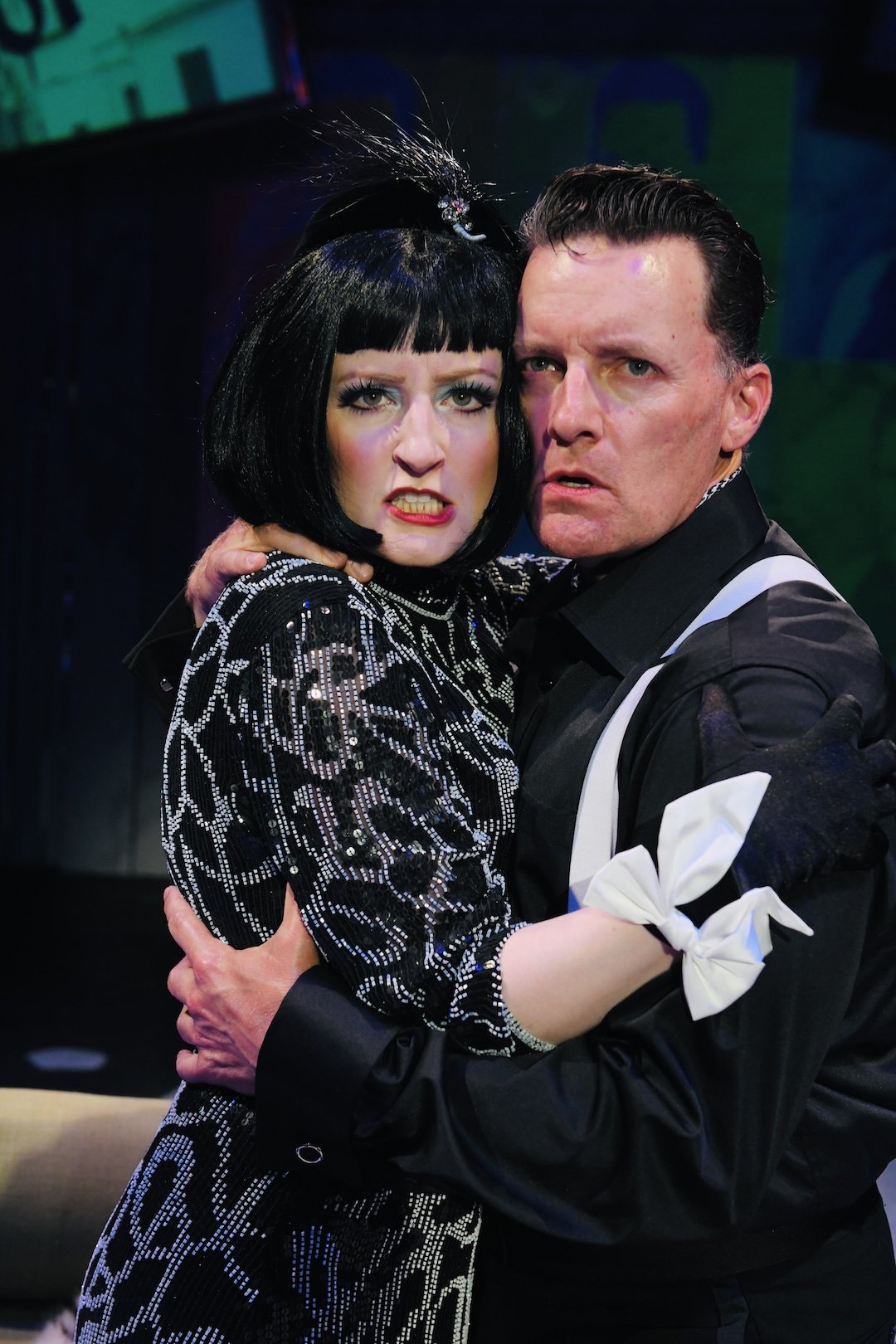
Adria Swan (Ursula) and Noel Anthony* (Vittorio Vidal) in San Jose Stage Company’s “Sweet Charity” June 4–29, 2025
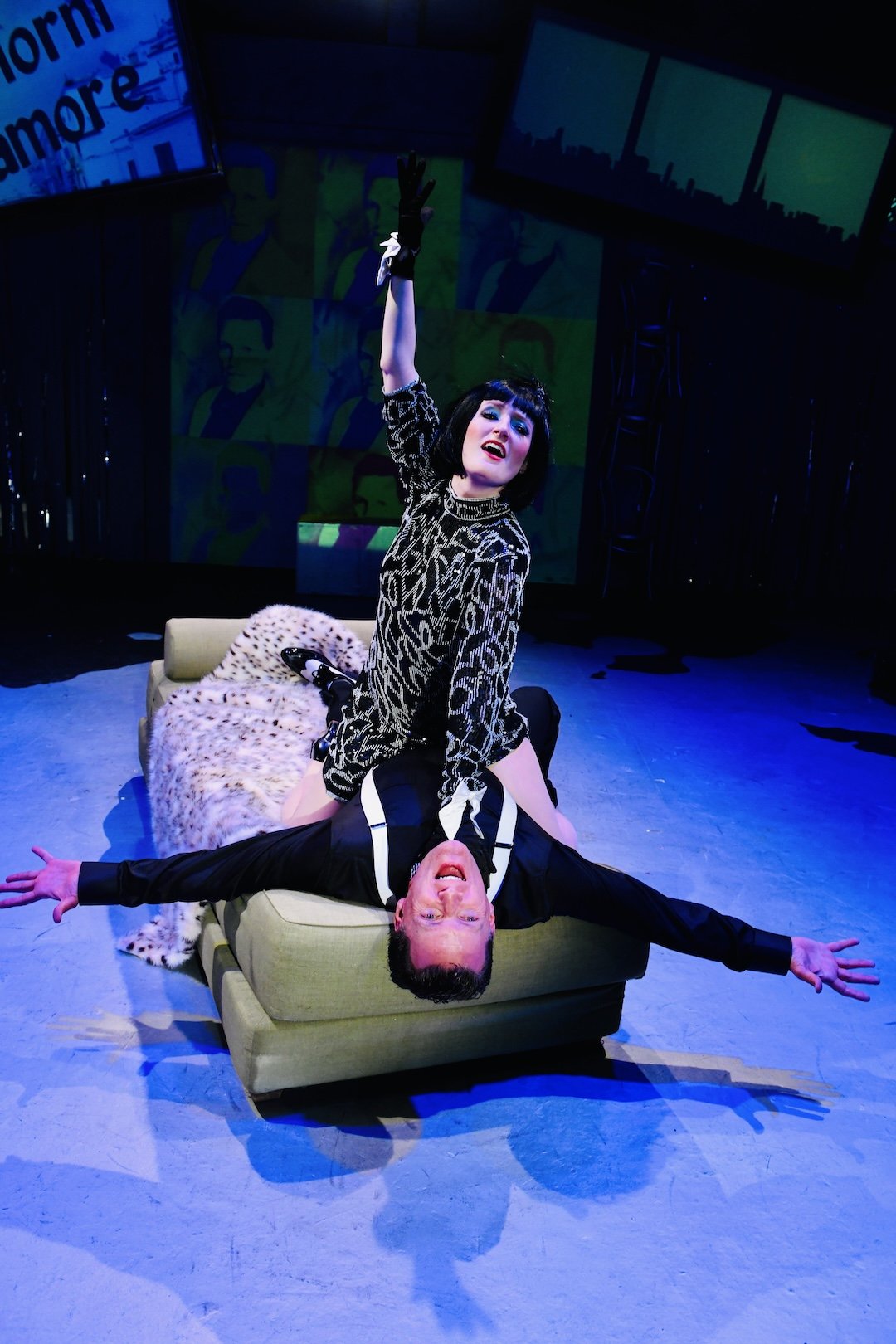
Adria Swan (Ursula) and Noel Anthony* (Vittorio Vidal) in San Jose Stage Company’s “Sweet Charity” June 4–29, 2025
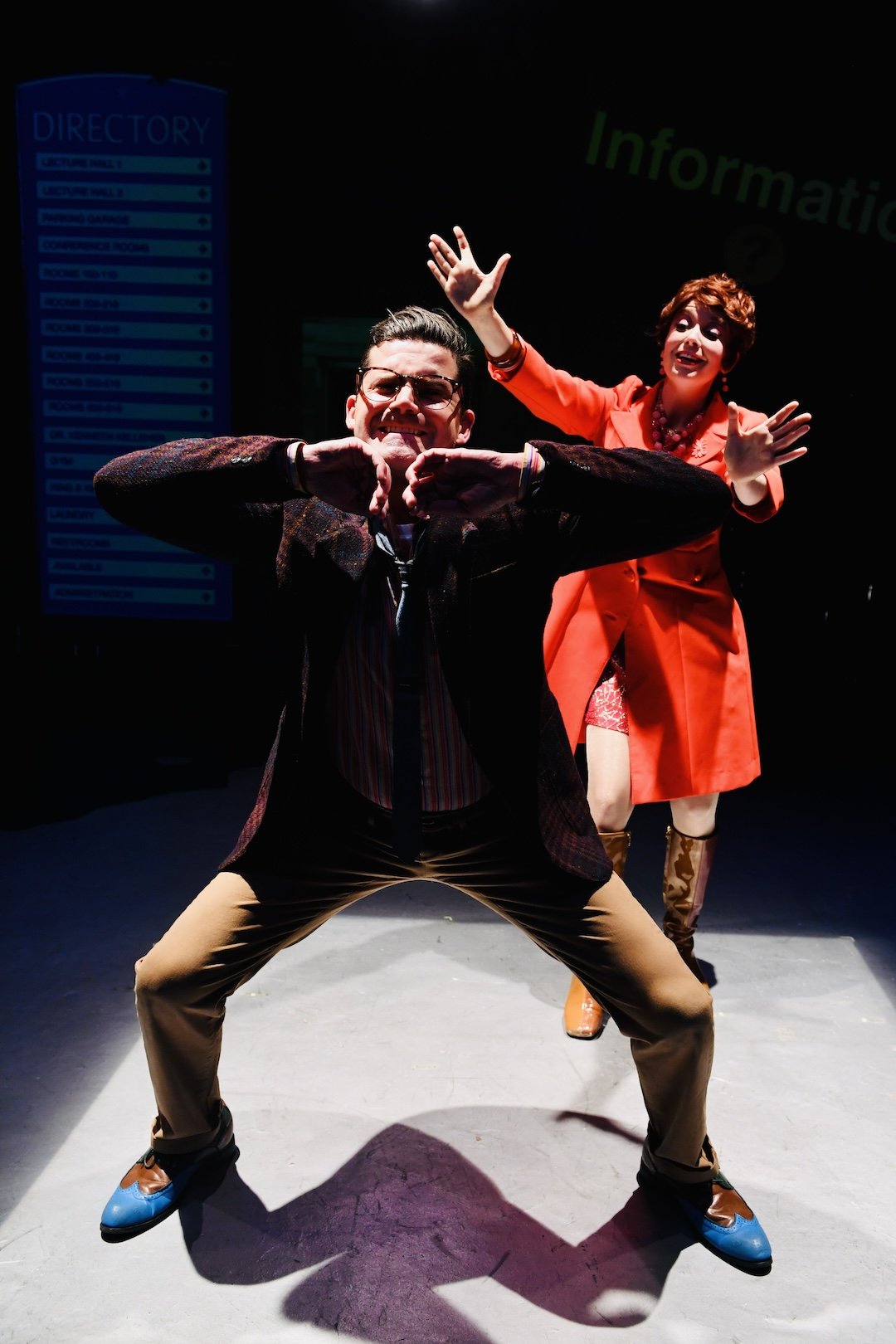
Ruby Day (Charity Hope Valentine) and Jeffrey Brian Adams* (Oscar Lindquist) in San Jose Stage Company’s “Sweet Charity” June 4–29, 2025
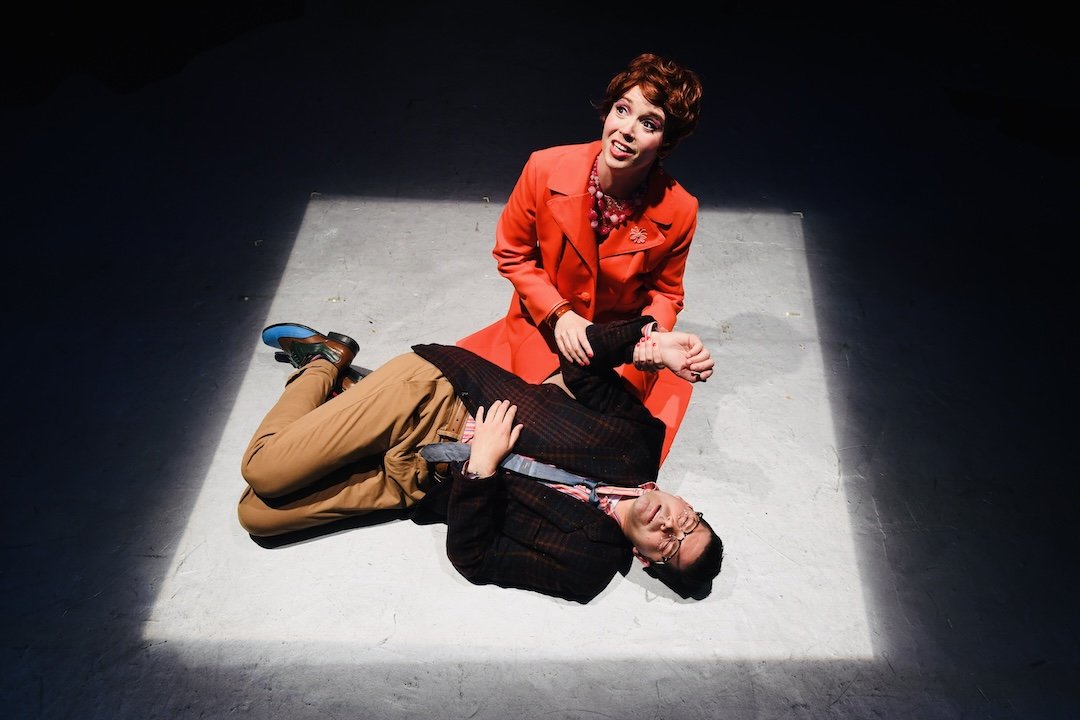
Ruby Day (Charity Hope Valentine) and Jeffrey Brian Adams* (Oscar Lindquist) in San Jose Stage Company’s “Sweet Charity” June 4–29, 2025
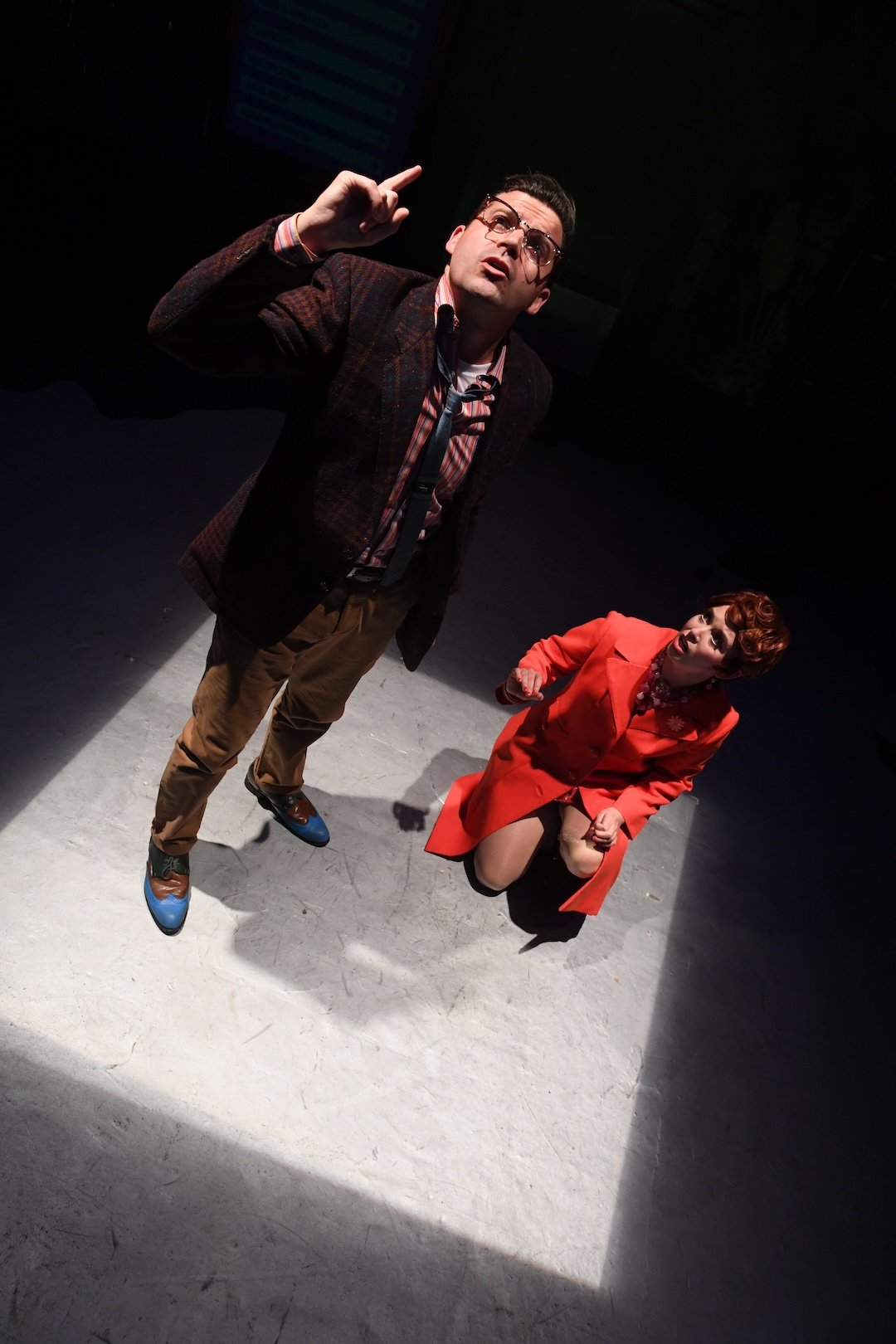
Ruby Day (Charity Hope Valentine) and Jeffrey Brian Adams* (Oscar Lindquist) in San Jose Stage Company’s “Sweet Charity” June 4–29, 2025

Terrance Austin Smith* (Daddy Brubeck), (Ruby Day (Charity Hope Valentine), Jeffrey Brian Adams* (Oscar Lindquist) and Ensemble in San Jose Stage Company’s “Sweet Charity” June 4–29, 2025
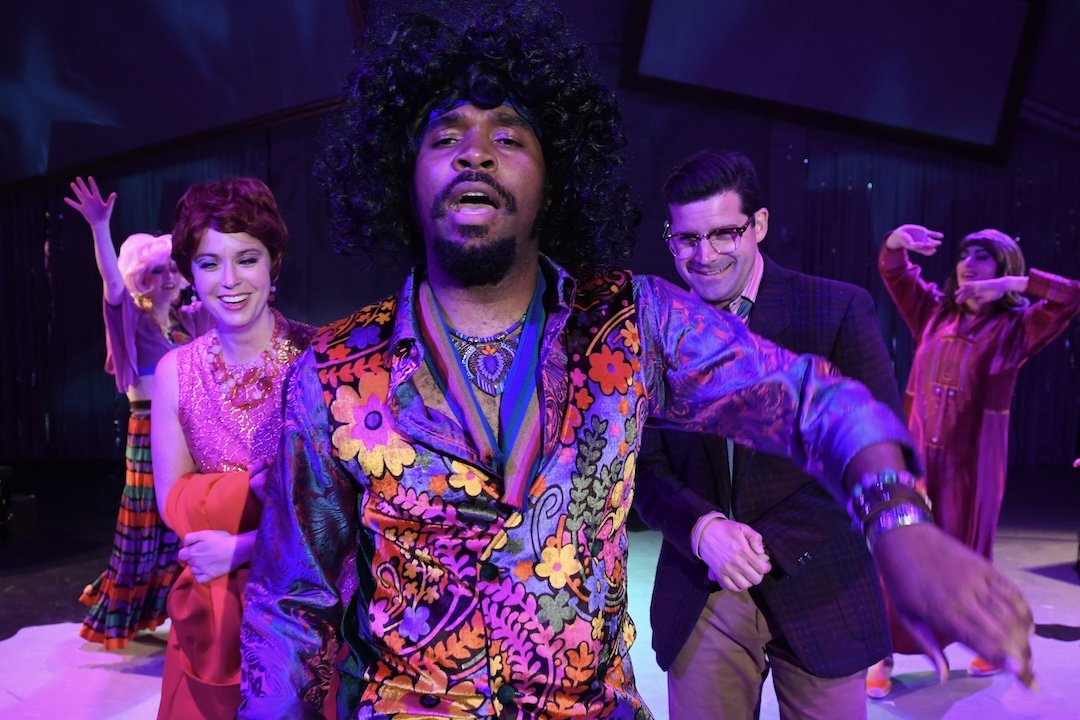
Terrance Austin Smith* (Daddy Brubeck), (Ruby Day (Charity Hope Valentine), Jeffrey Brian Adams* (Oscar Lindquist) and Ensemble in San Jose Stage Company’s “Sweet Charity” June 4–29, 2025

Terrance Austin Smith* (Daddy Brubeck), (Ruby Day (Charity Hope Valentine), Jeffrey Brian Adams* (Oscar Lindquist) and Ensemble in San Jose Stage Company’s “Sweet Charity” June 4–29, 2025
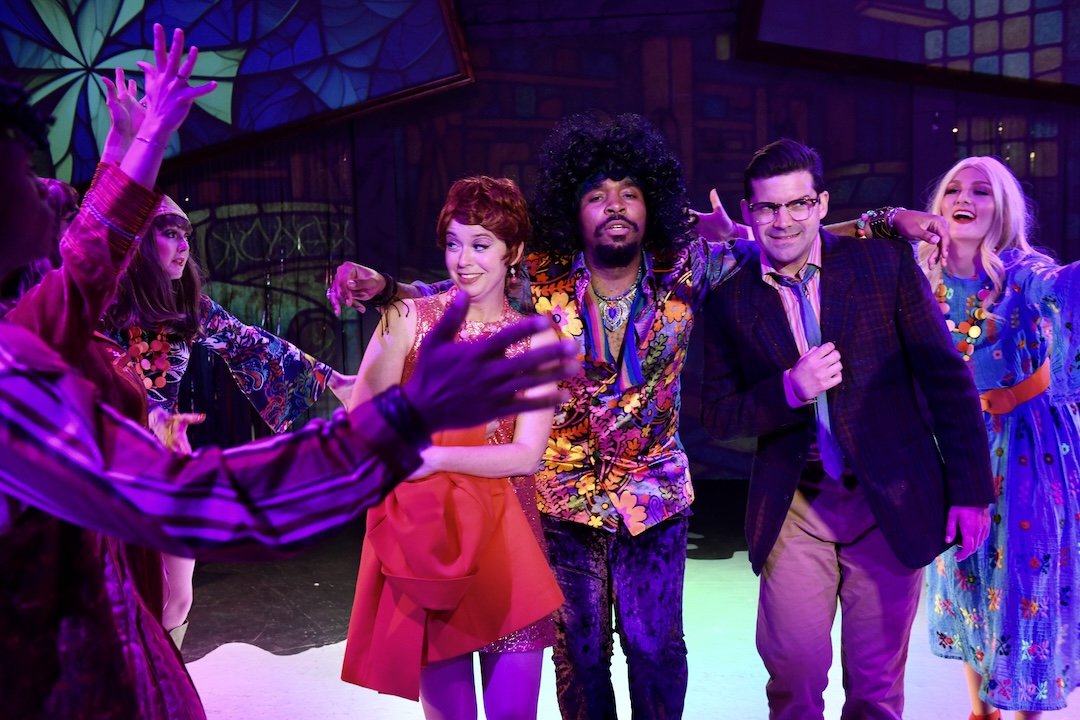
Terrance Austin Smith* (Daddy Brubeck), (Ruby Day (Charity Hope Valentine), Jeffrey Brian Adams* (Oscar Lindquist) and Ensemble in San Jose Stage Company’s “Sweet Charity” June 4–29, 2025
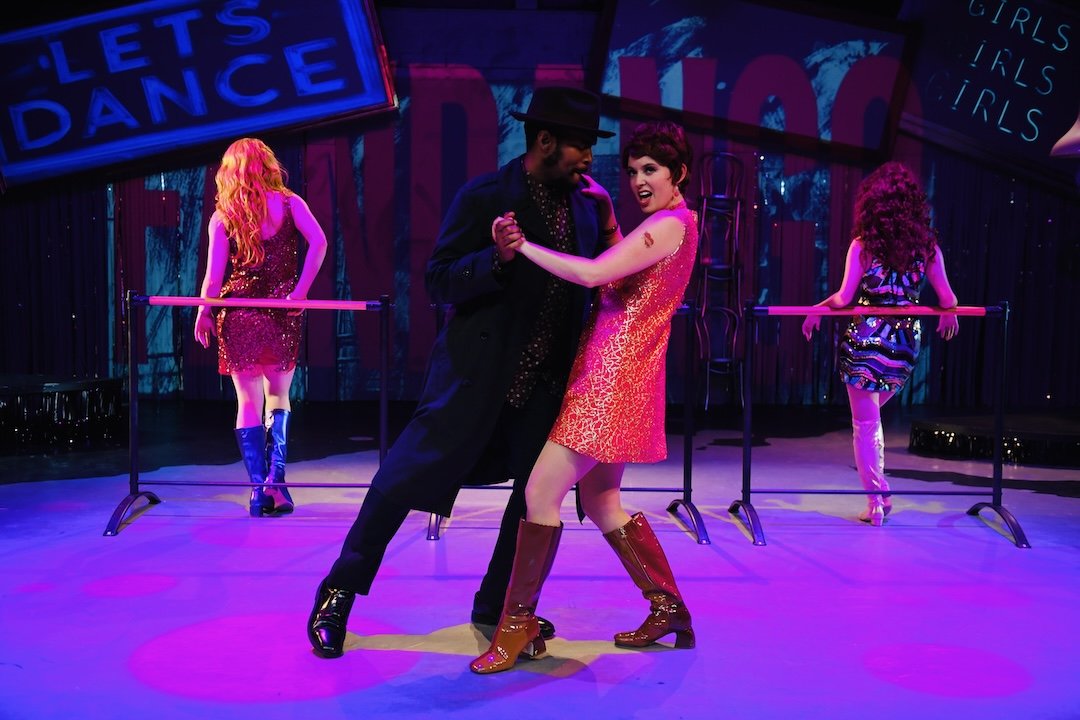
Jacqueline Neeley* (Helene), Erin Rose Solorio* (Nickie), Terrance Austin Smith* (Marvin) and Ruby Day (Charity Hope Valentine) in San Jose Stage Company’s “Sweet Charity” June 4–29, 2025
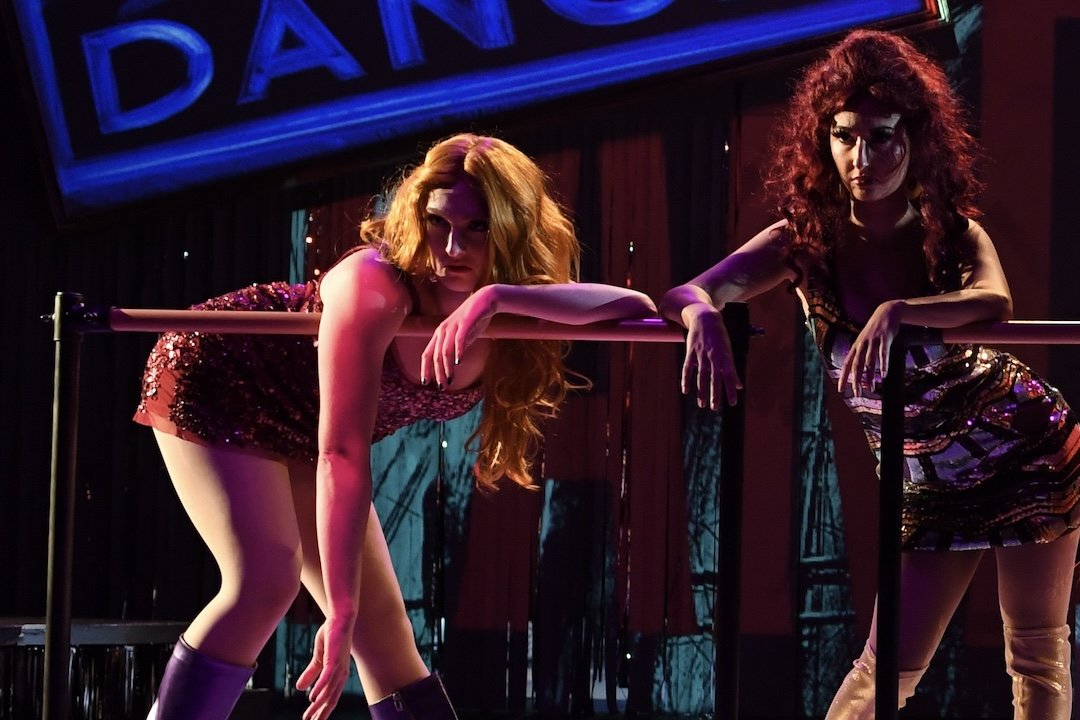
Jacqueline Neeley* (Helene), Erin Rose Solorio* (Nickie) in San Jose Stage Company’s “Sweet Charity” June 4–29, 2025
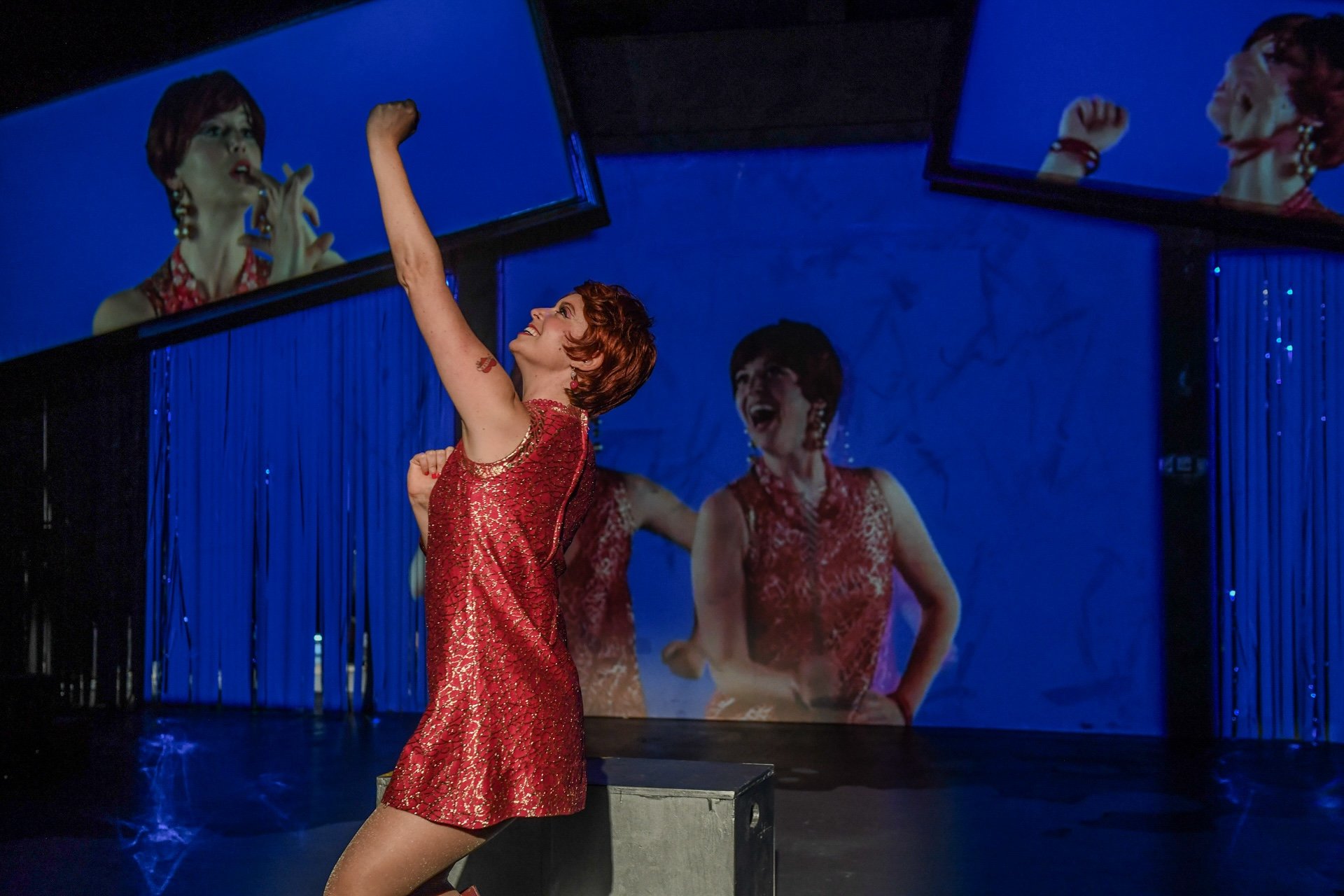
Ruby Day (Charity Hope Valentine) in San Jose Stage Company’s “Sweet Charity” June 4–29, 2025

Ruby Day (Charity Hope Valentine), Jeffrey Brian Adams*, Monica Moe, Adria Swan, Erin Rose Solorio*, Gabi Chun, Jacqueline Neeley*, Nick Mandraccia (Herman), and Kristopher Williams in San Jose Stage Company’s “Sweet Charity” June 4–29, 2025
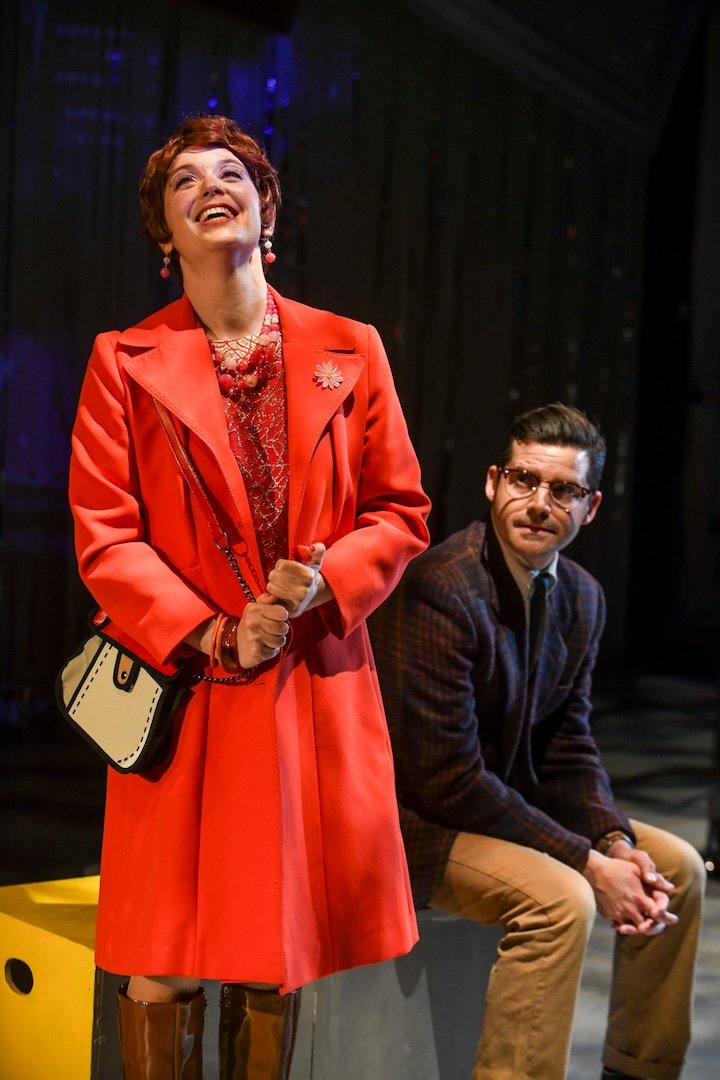
Ruby Day (Charity Hope Valentine) and Jeffrey Brian Adams* (Oscar Lindquist) in San Jose Stage Company’s “Sweet Charity” June 4–29, 2025
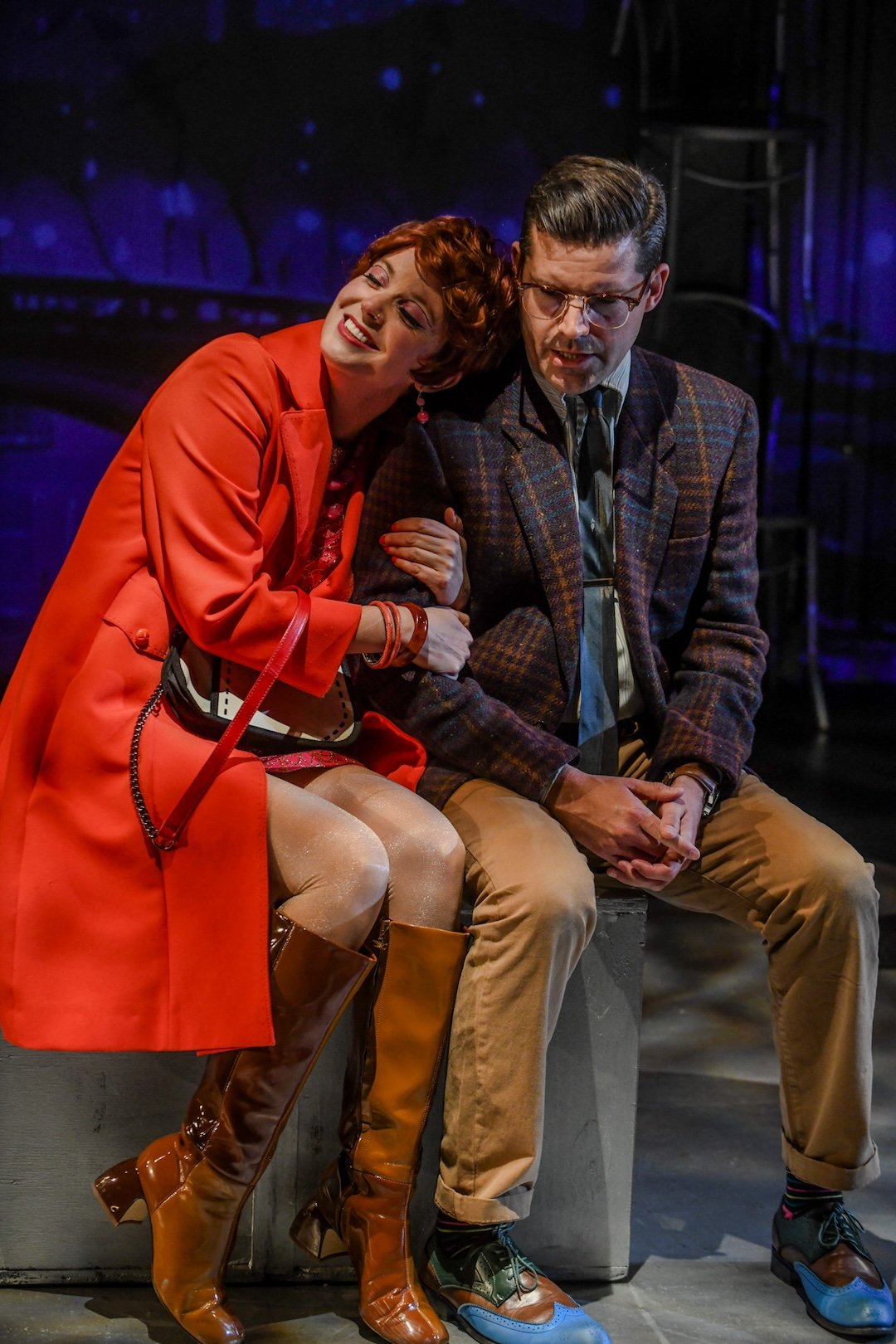
Ruby Day (Charity Hope Valentine) and Jeffrey Brian Adams* (Oscar Lindquist) in San Jose Stage Company’s “Sweet Charity” June 4–29, 2025
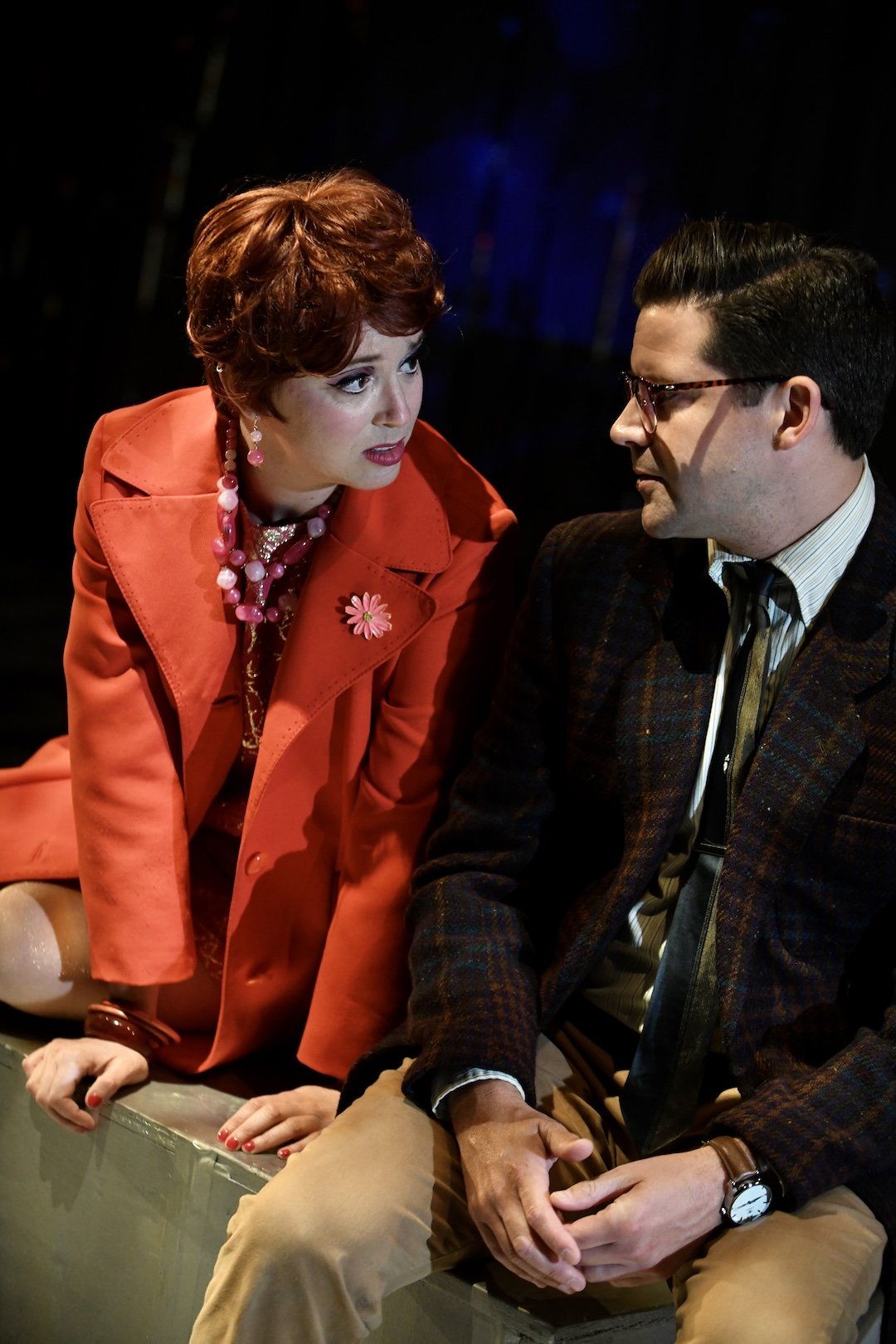
Ruby Day (Charity Hope Valentine) and Jeffrey Brian Adams* (Oscar Lindquist) in San Jose Stage Company’s “Sweet Charity” June 4–29, 2025
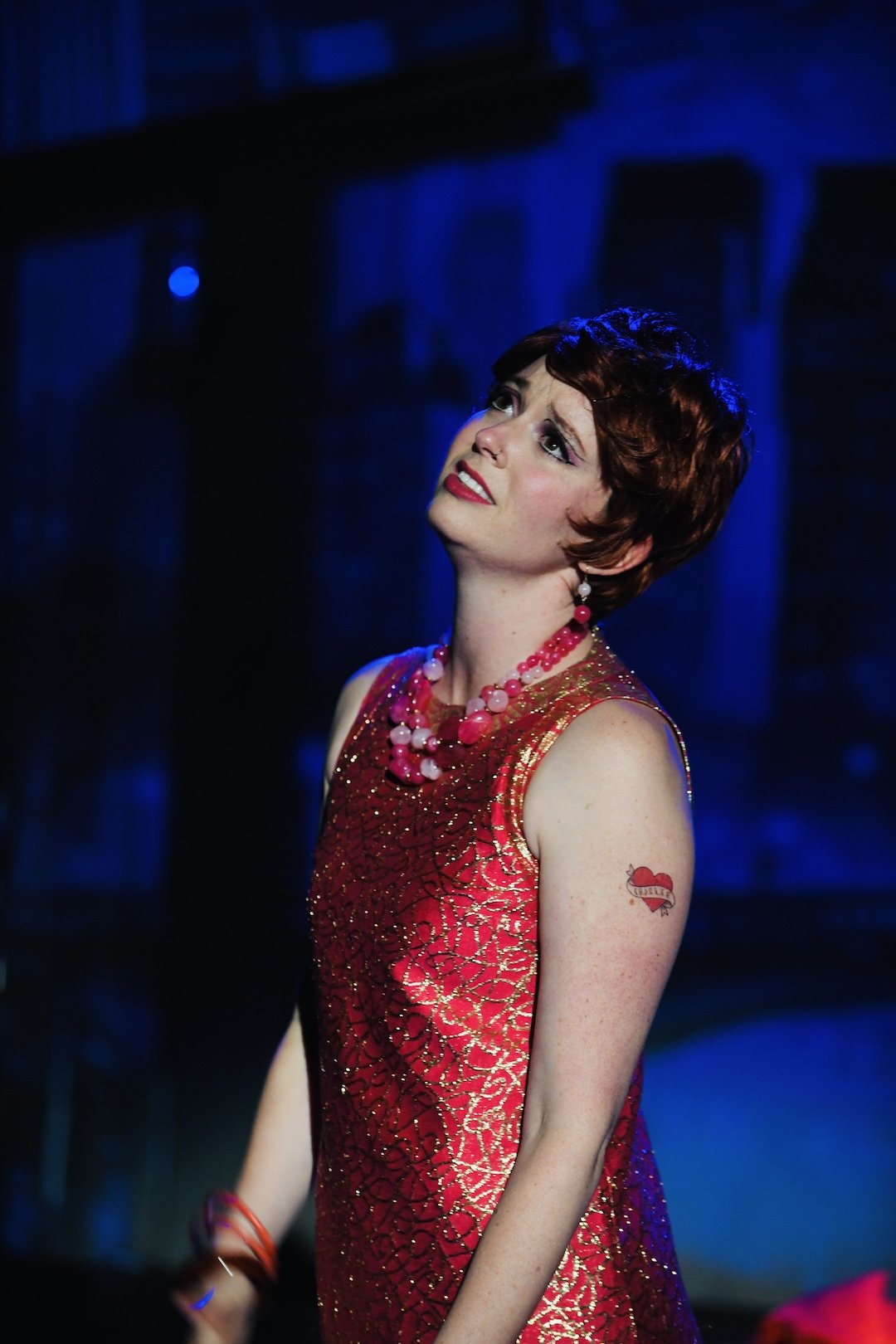
Ruby Day (Charity Hope Valentine) in San Jose Stage Company’s “Sweet Charity” June 4–29, 2025
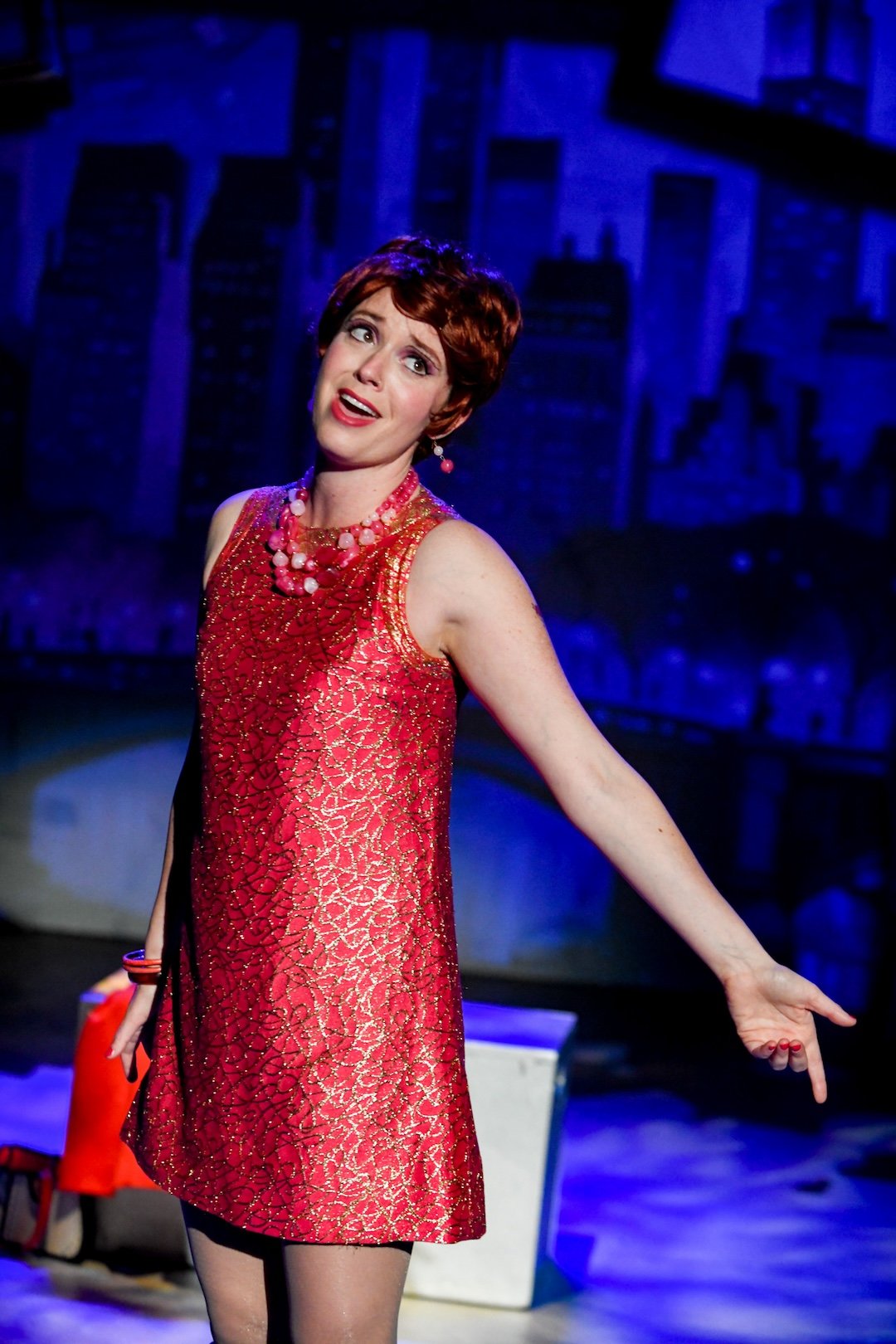
Ruby Day (Charity Hope Valentine) in San Jose Stage Company’s “Sweet Charity” June 4–29, 2025
CAST & CREATIVES
KENNETH KELLEHER+
Christopher fitzer
Director
Scenic Design
Gus Kambeitz
MAURICE VERCOUTERE
Lighting Design
STEVE SCHOENBECK
Sound Design
JENN TRAMPENAU
Props Coordinator
ILIANA M. KARBOWSKI*
Stage Manager
Steph Puentes*
Assistant Stage Manager
Sydney Freemyer
Costume Design Intern
Erik Scanlon
Projections Design
Bethany Deal
Costume Design
Kiren Balakrishnan
Production Assistant
Kris Contreras
Production Assistant
Music Director
ABOUT THE PLAYWRIGHT
-
BOOK (July 4, 1927 – August 26, 2018) was an American playwright, screenwriter and author. He wrote more than 30 plays and nearly the same number of movie screenplays, mostly film adaptations of his plays. He received three Tony Awards and a Golden Globe Award, as well as nominations for four Academy Awards and four Primetime Emmy Awards. He was awarded a Special Tony Award in 1975, the Kennedy Center Honors in 1995 and the Mark Twain Prize for American Humor in 2006.
His first produced play was Come Blow Your Horn (1961). It took him three years to complete and ran for 678 performances on Broadway. It was followed by two more successes, Barefoot in the Park (1963) and The Odd Couple (1965). He won a Tony Award for the latter. It made him a national celebrity and "the hottest new playwright on Broadway". From the 1960s to the 1980s, he wrote for stage and screen; some of his screenplays were based on his own works for the stage. His style ranged from farce to romantic comedy to more serious dramatic comedy. Overall, he garnered 17 Tony nominations and won three awards. In 1966, he had four successful productions running on Broadway at the same time and, in 1983, he became the only living playwright to have a New York theatre, the Neil Simon Theatre, named in his honor.
-
MUSIC (born Seymour Kaufman; June 14, 1929 – November 18, 2004) was an American composer, songwriter, and jazz pianist. He was a child prodigy who gave piano recitals at venues such as Steinway Hall, Town Hall, and Carnegie Hall between the ages of six and nine. Before beginning his fabled Broadway career, he led the Cy Coleman Trio, which made many recordings and was a much-in-demand club attraction.
Coleman's career as a Broadway composer began when he and Carolyn Leigh collaborated on Wildcat (1960), which marked the Broadway debut of movie/television comedienne Lucille Ball. Next for the two was Little Me, with a book by Neil Simon based on the novel of the same name by Patrick Dennis. The show introduced "Real Live Girl" and "I've Got Your Number," which became popular standards.
In 1964, Coleman met Dorothy Fields at a party, and when he asked if she would like to collaborate with him, she is reported to have answered: "Thank God somebody asked." Fields was revitalized by working with the much younger Coleman, and by the contemporary nature of their first project, which was Sweet Charity, again with a book by Simon, starring Gwen Verdon, and introducing the songs "If My Friends Could See Me Now", "I'm a Brass Band" and "Big Spender". The show was a major success and Coleman found working with Fields much easier than with Leigh. The partnership was to work on two more shows – an aborted project about Eleanor Roosevelt, and Seesaw which reached Broadway in 1973 after a troubled out-of-town tour. Despite mixed reviews, the show enjoyed a healthy run. The partnership was cut short by Fields' death in 1974.
Coleman remained prolific in the late 1970s. He collaborated on I Love My Wife (1977) with Michael Stewart, On the Twentieth Century (1978) with Betty Comden and Adolph Green, and Home Again, Home Again with Barbara Fried, although the latter never reached Broadway.
-
LYRICS (July 15, 1904 – March 28, 1974) was an American librettist and lyricist. She wrote more than 400 songs for Broadway musicals and films. Her best-known pieces include "The Way You Look Tonight" (1936), "A Fine Romance" (1936), "On the Sunny Side of the Street" (1930), "Don't Blame Me" (1948), "Pick Yourself Up" (1936), "I'm in the Mood for Love" (1935), "You Couldn't Be Cuter" (1938) and "Big Spender" (1966). Throughout her career, she collaborated with various influential figures in the American musical theater, including Jerome Kern, Cy Coleman, Irving Berlin, and Jimmy McHugh. Along with Ann Ronell, Dana Suesse, Bernice Petkere, and Kay Swift, she was one of the first successful Tin Pan Alley and Hollywood female songwriters.














